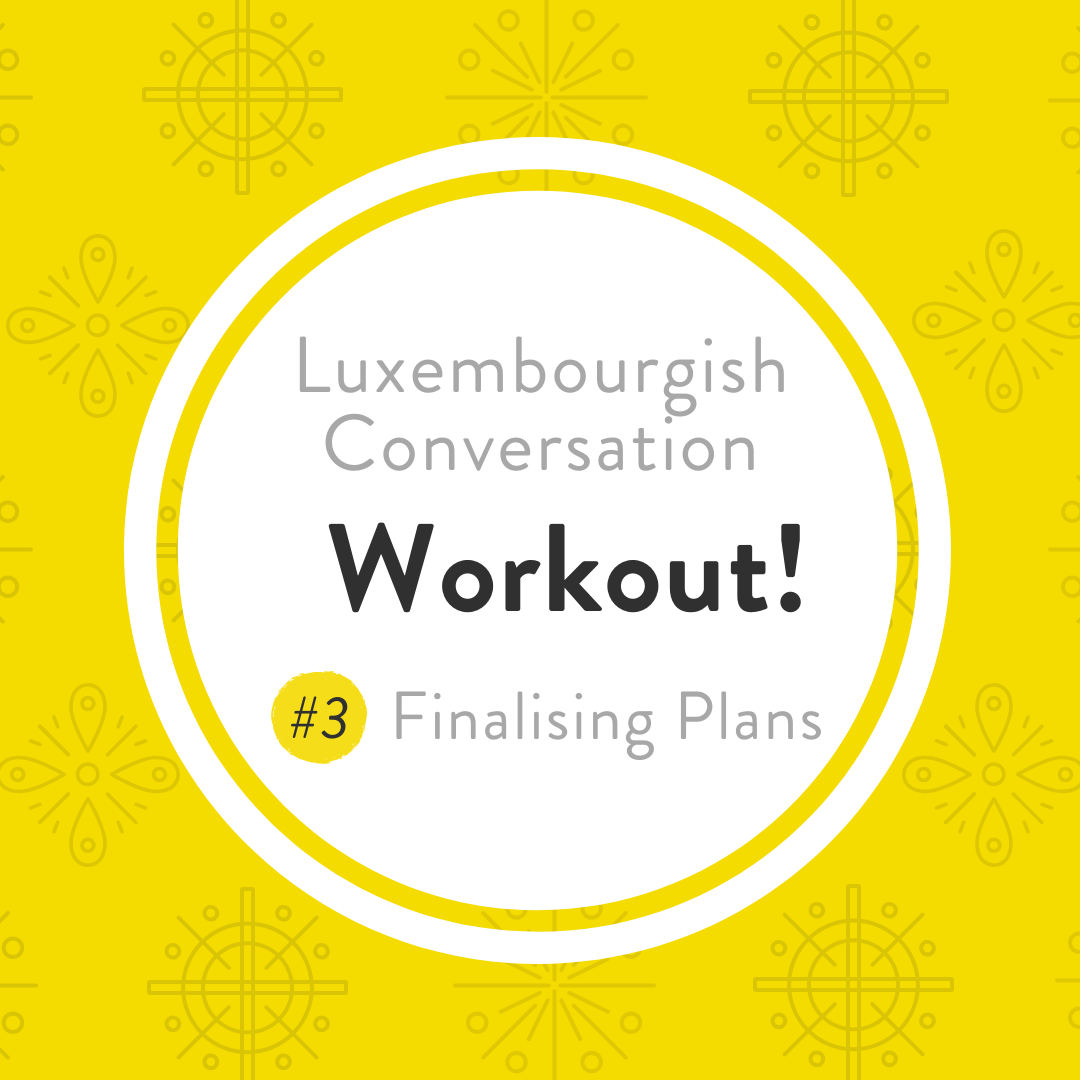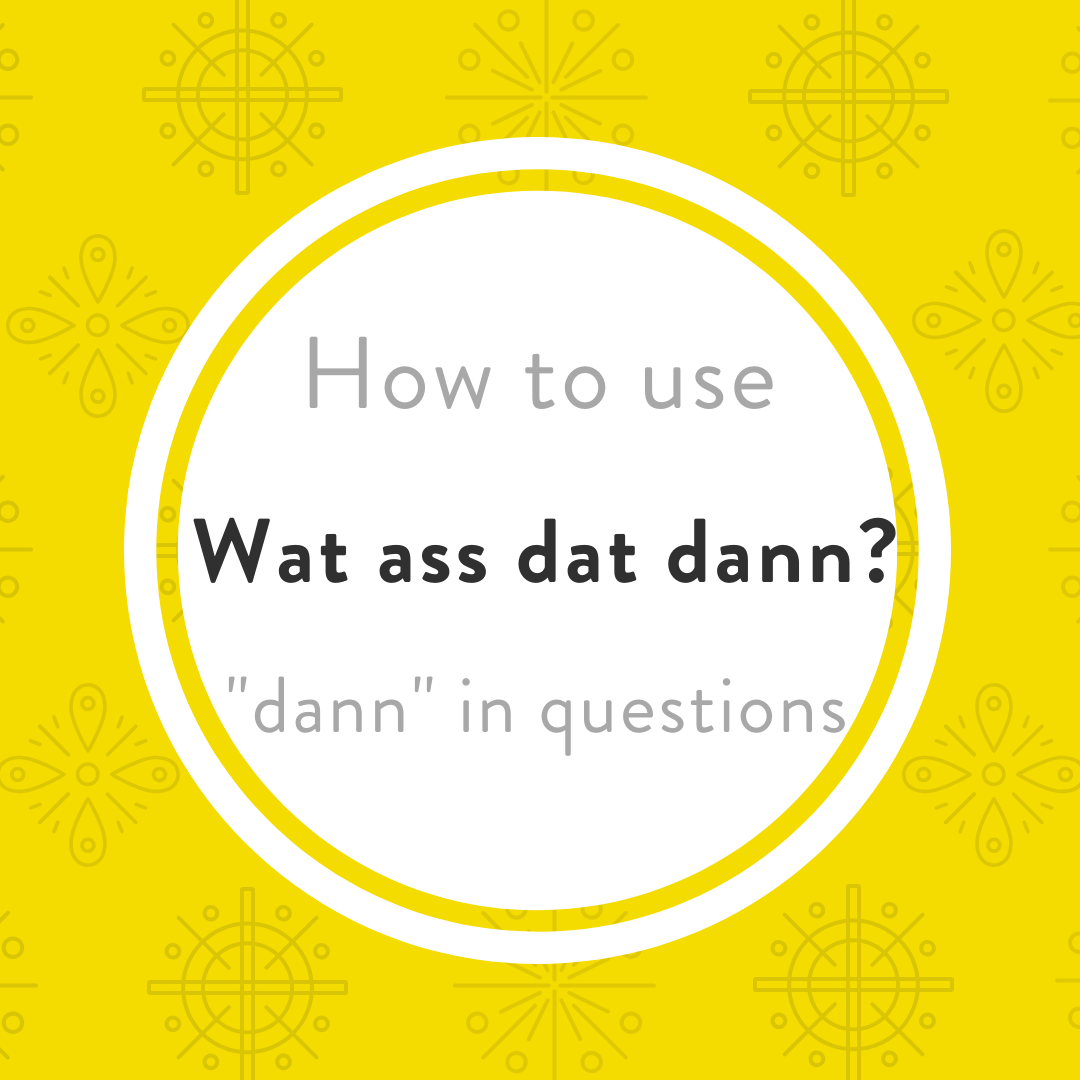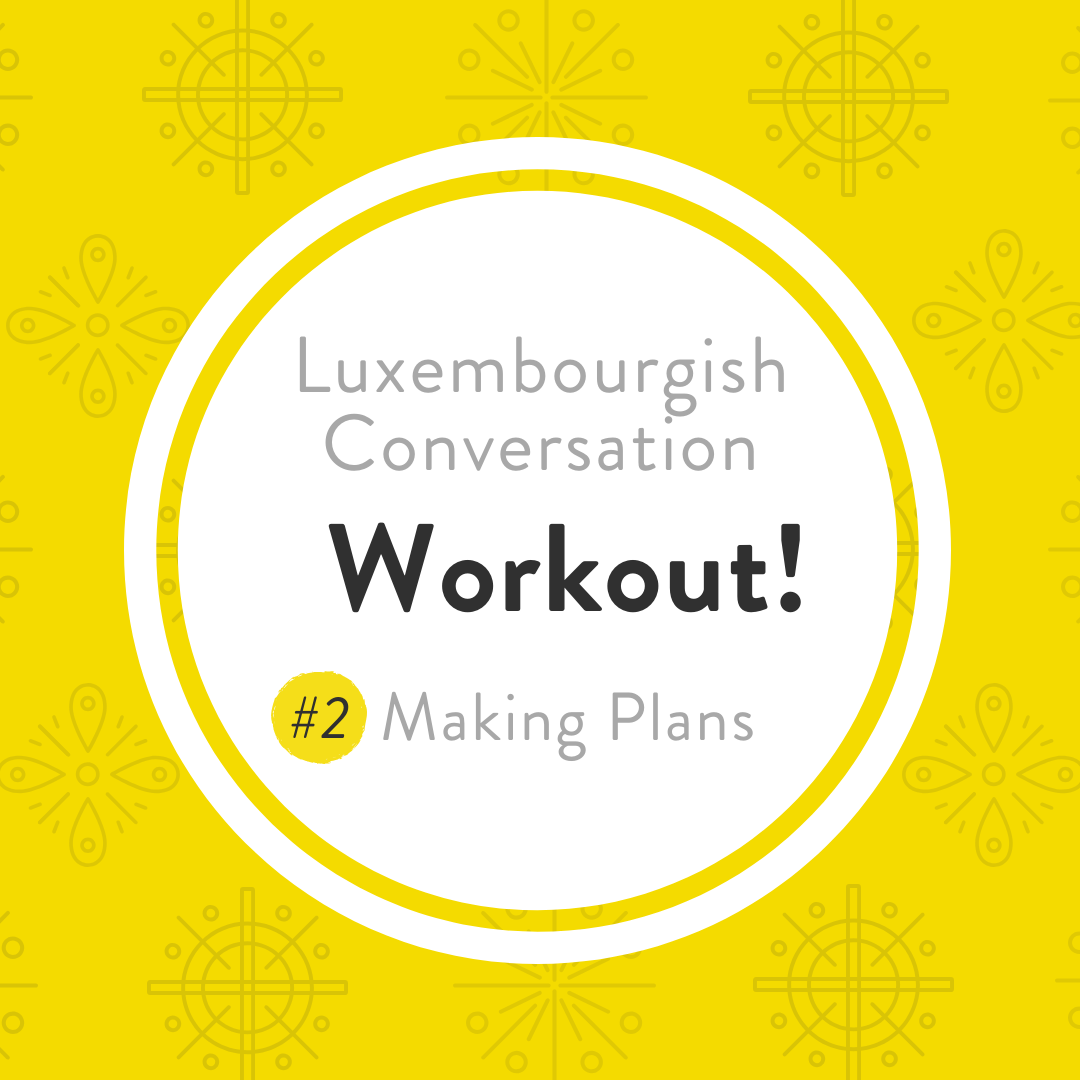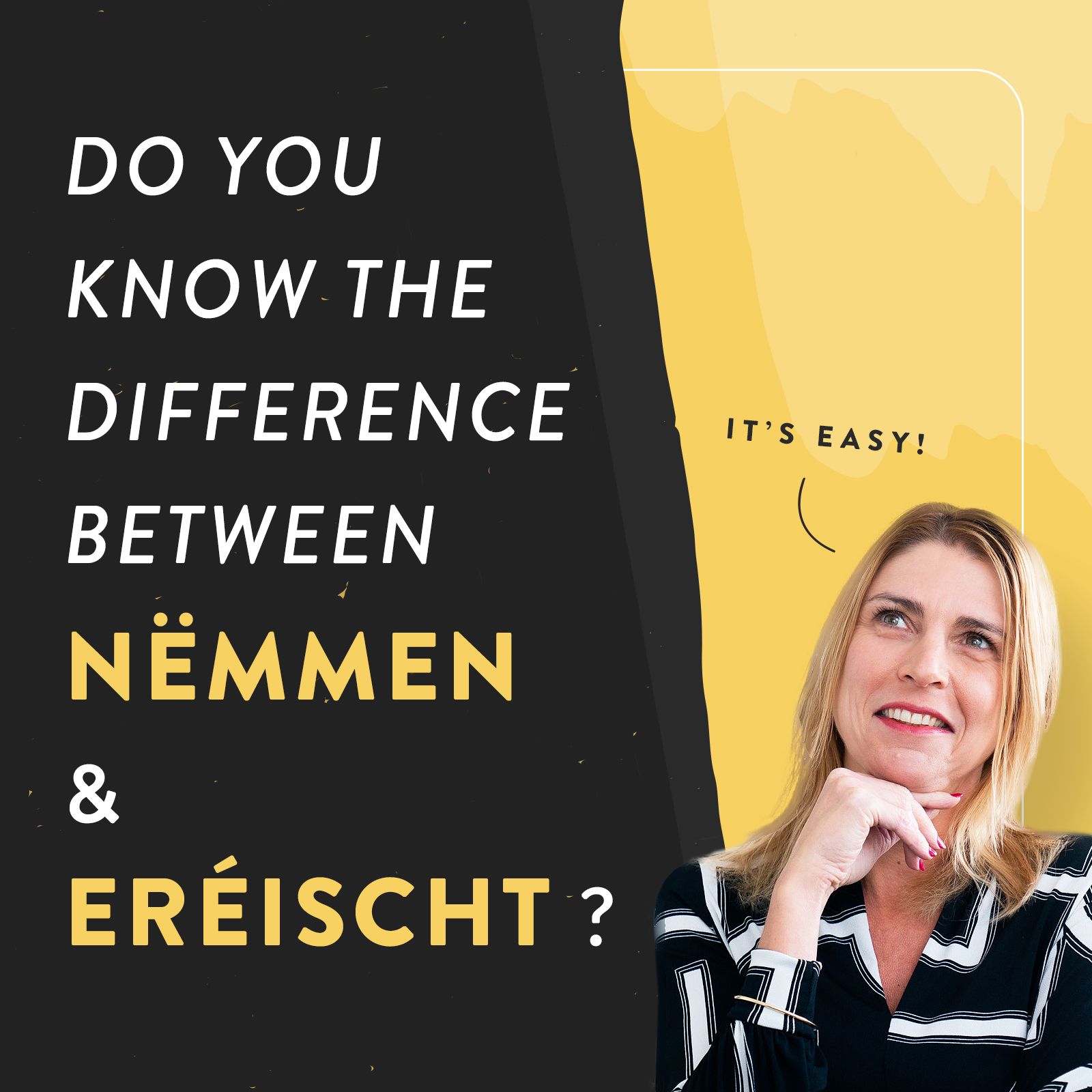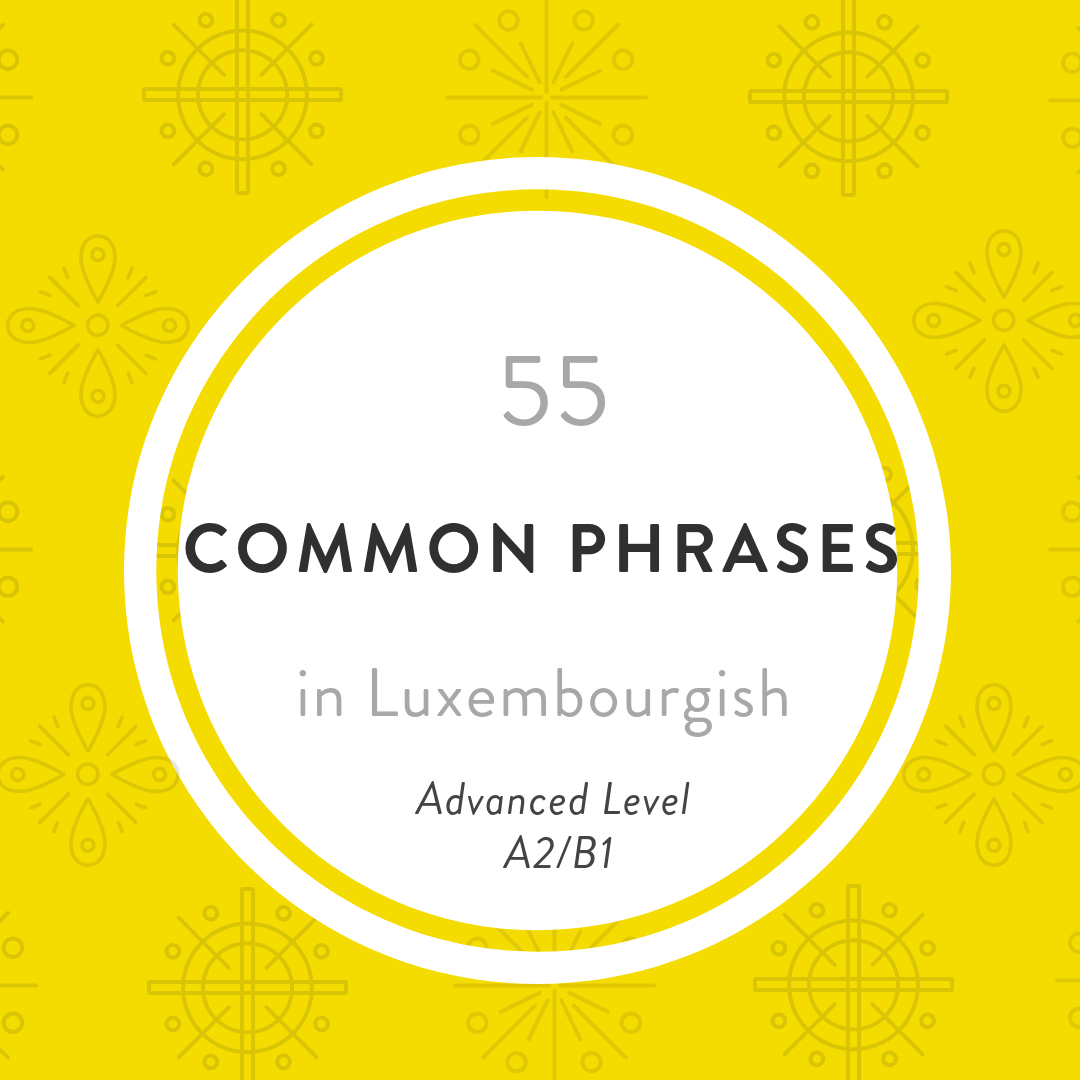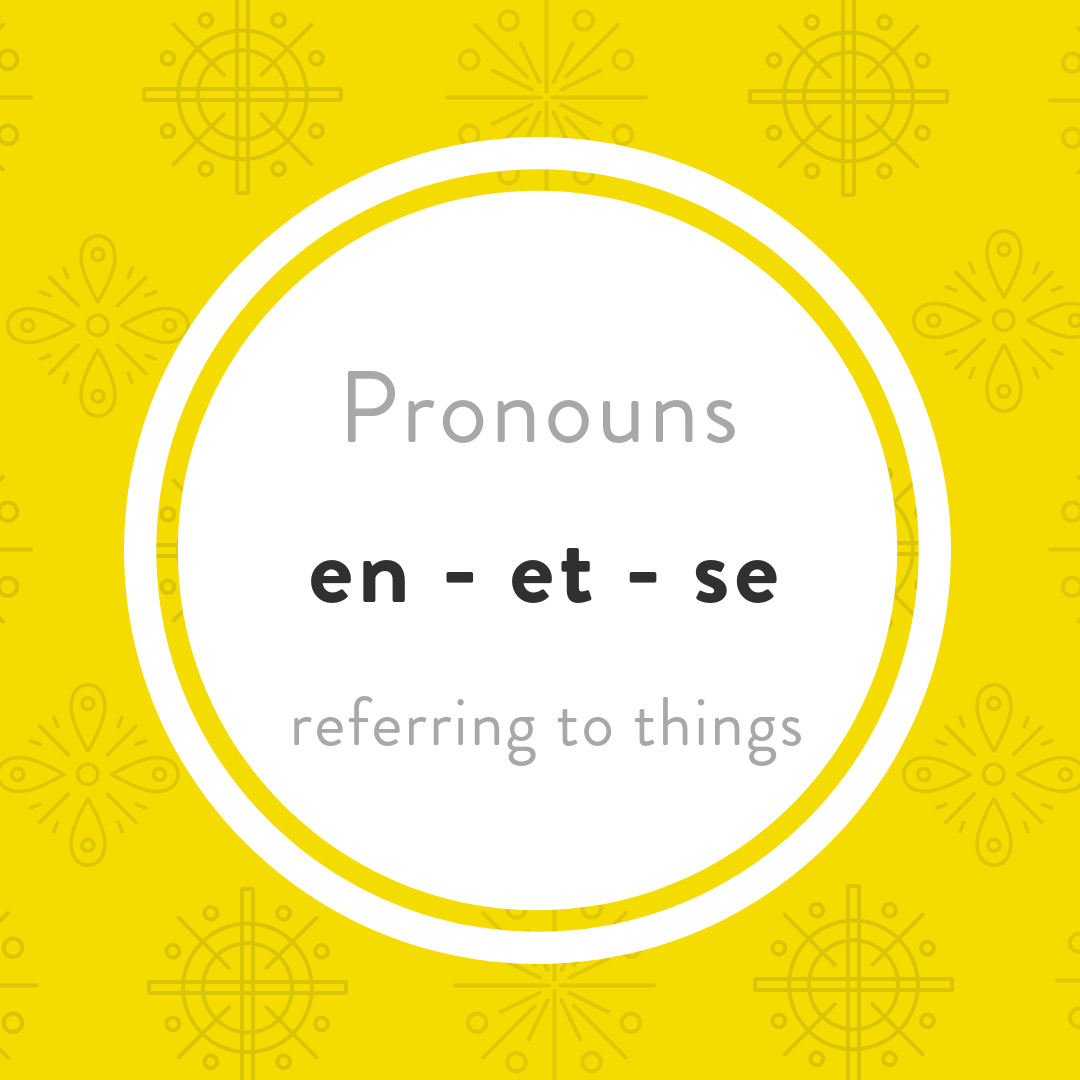Luxembourgish Conversation Workout #3: Finalising Plans
Ready for your next Luxembourgish Conversation Workout? Natural pronunciation takes practice, so here is 15 minutes of speaking training to help you sound more natural when you meet someone and respond to their questions! More pronunciation practice: Basics of Luxembourgish Pronunciation Conversation Workout #1: Greetinfs & Introduction Conversation Workout #2: Making Plans In our Workout #2 … Read more
